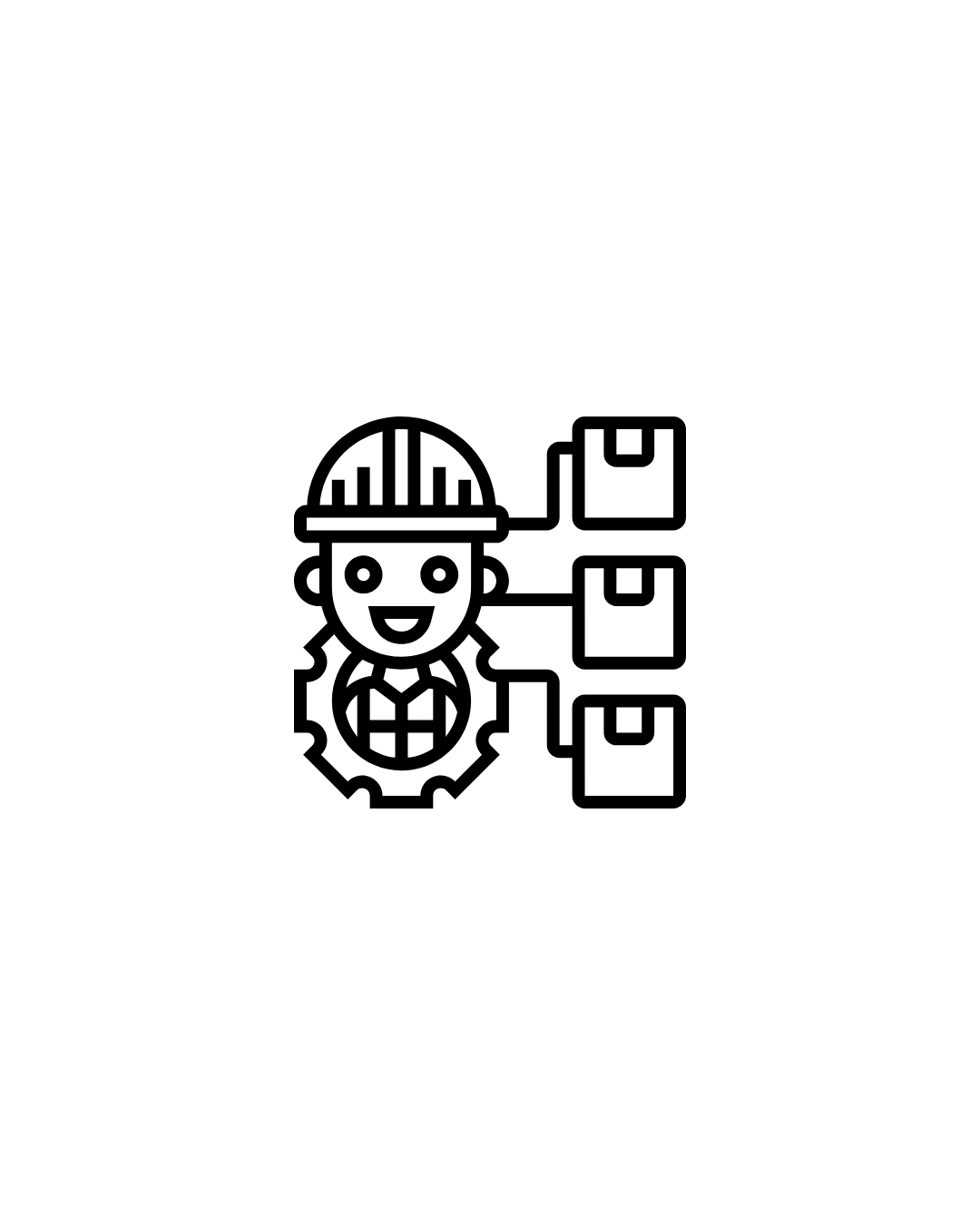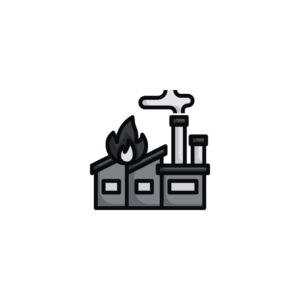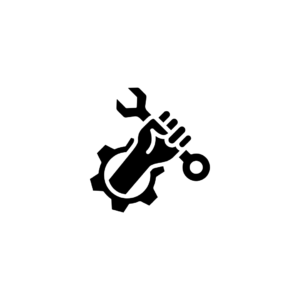Description
A Bachelor of Technology in Production Engineering (B.Tech in Production Engineering) is an undergraduate program focused on the design, management, and optimization of manufacturing processes and systems. This degree combines principles of engineering, management, and technology to prepare graduates for careers in various industries, particularly in manufacturing, production, and operations management.
Curriculum Overview
The curriculum for a B.Tech in Production Engineering typically includes core engineering courses, specialized subjects related to production systems, and hands-on practical experience. Here are some common subjects and areas of study in this program:
Engineering Mathematics:
Mathematical concepts necessary for engineering applications, including calculus, linear algebra, and statistics.
Engineering Mechanics:
Principles of mechanics applied to engineering problems, focusing on static and dynamic systems.
Manufacturing Processes:
Study of various manufacturing technologies and processes, including machining, welding, casting, and forming techniques.
Machine Design:
Fundamentals of designing mechanical components and systems, including aspects of strength and materials.
Production Planning and Control:
Techniques for planning and controlling the production process, including inventory management, scheduling, and production systems.
Industrial Engineering:
Optimization of complex processes, systems, or organizations through the application of engineering principles and methods.
Quality Control and Assurance:
Principles and practices for maintaining quality in production processes, including statistical quality control methods.
Operations Research:
Application of mathematical techniques to decision-making processes and optimization of operations in production environments.
Supply Chain Management:
Study of the flow of goods, services, and information from raw materials to the end consumer, including logistics and distribution management.
Automation and Control Systems:
Understanding of automated manufacturing systems, control strategies, and instrumentation involved in production processes.
Ergonomics and Human Factors:
Principles of ergonomics applied to the design of workstations and processes to enhance productivity and safety.
Project Management:
Principles and practices of managing projects effectively, including planning, executing, and closing projects in production environments.
Sustainability in Manufacturing:
Exploration of sustainable practices in manufacturing, including waste reduction, energy efficiency, and environmentally friendly materials.
Project Work/Internship:
Hands-on experience through projects or internships that allow students to apply their theoretical knowledge in real-world manufacturing settings.
Career Opportunities
Graduates with a B.Tech in Production Engineering can pursue diverse career paths across various industries, including manufacturing, automotive, aerospace, and consumer goods. Some potential job roles include:
Production Engineer: Overseeing and optimizing manufacturing processes, ensuring efficiency and quality in production.
Manufacturing Engineer: Focusing on the design and improvement of manufacturing systems and processes to enhance productivity.
Quality Assurance Engineer: Implementing quality control measures, conducting inspections, and ensuring products meet quality standards.
Process Designer: Developing and implementing efficient processes for manufacturing products while considering cost, quality, and time.
Operations Manager: Managing daily operations in a production facility, including workforce management, resource allocation, and production scheduling.
Supply Chain Analyst: Analyzing supply chain processes and systems to improve efficiency, reduce costs, and optimize logistics.
Industrial Engineer: Working on the optimization of processes, systems, and organizations to increase productivity and reduce waste.
Product Development Engineer: Collaborating with design and engineering teams to develop new products and improve existing ones.
Project Manager: Leading and managing manufacturing projects, ensuring they are completed on time and within budget.
Consultant: Providing expert advice on manufacturing processes, systems optimization, and quality improvement.
Further Education
Graduates may choose to pursue a Master?s degree in Production Engineering, Industrial Engineering, or related fields for further specialization. Additionally, certifications in specific areas (such as Six Sigma, Lean Manufacturing, or project management) can enhance career prospects.
If you have any further questions about the curriculum, career paths, or other aspects of a Bachelor of Technology in Production Engineering, feel free to ask!









